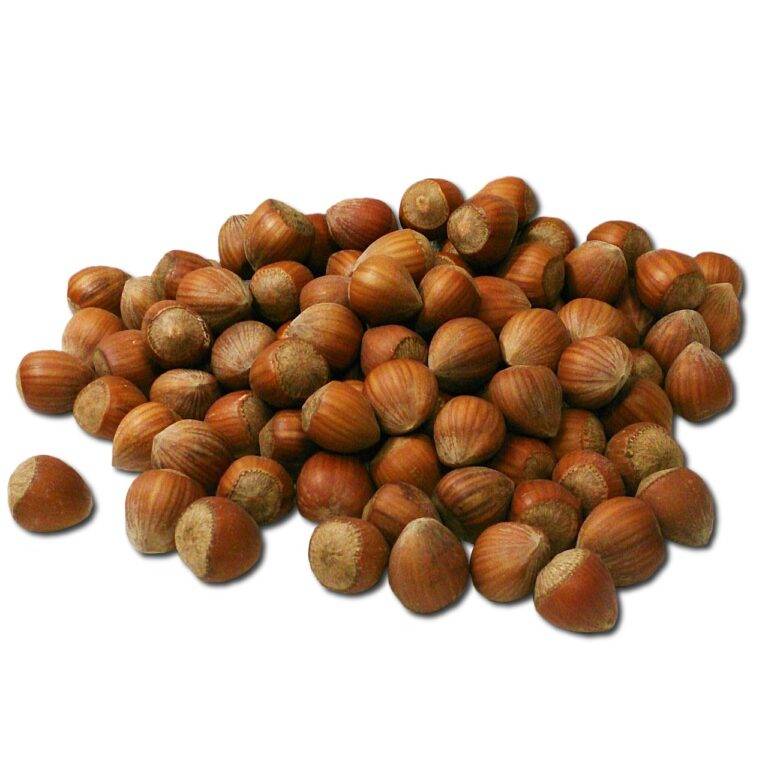Decoding Food Labels: Navigating Through Nutrition Information
Serving sizes play a crucial role in maintaining a healthy diet. It is essential to pay attention to the recommended serving sizes on food labels to ensure you are consuming the appropriate amount of nutrients. Often, people underestimate serving sizes and end up consuming more calories than they realize, which can lead to weight gain and other health issues.
Understanding serving sizes can help you better control your portion sizes and make healthier food choices. By being aware of how much you are eating, you can ensure you are getting the right balance of nutrients without overeating. Remember that serving sizes may vary depending on the type of food, so it is important to read labels and be mindful of your portions to maintain a balanced diet.
Identifying Key Nutrients
Key nutrients play a crucial role in maintaining optimal health and well-being. These essential components can be found in a wide variety of foods and are necessary for the proper functioning of the body. By incorporating a balanced diet that includes a variety of nutrient-rich foods, individuals can ensure they are meeting their daily requirements for vitamins, minerals, proteins, and other essential nutrients.
Some of the key nutrients that should be included in a healthy diet include vitamin A, vitamin C, calcium, iron, and protein. Vitamin A is important for vision and immune function, while vitamin C is essential for collagen production and immune health. Calcium is crucial for bone health, iron is necessary for oxygen transport in the blood, and protein is essential for muscle growth and repair. By being mindful of including these key nutrients in their diet, individuals can support their overall health and well-being.
What are serving sizes and why are they important?
Serving sizes refer to the recommended portion of a particular food or beverage. It is important to pay attention to serving sizes as they can impact the amount of key nutrients you are consuming.
How can I identify key nutrients in the foods I eat?
You can identify key nutrients in the foods you eat by reading the nutrition label on packaging. Look for information on the amount of calories, fats, carbohydrates, proteins, vitamins, and minerals present in the food.
Why is it important to consume a variety of nutrients?
Consuming a variety of nutrients is important for overall health and well-being. Different nutrients play different roles in the body, so it is important to ensure you are getting a wide range of nutrients to support various bodily functions.
How can I ensure I am getting all the key nutrients my body needs?
To ensure you are getting all the key nutrients your body needs, focus on incorporating a variety of foods into your diet. Eating a balanced diet that includes fruits, vegetables, whole grains, lean proteins, and dairy products can help you meet your nutrient needs. Additionally, consider taking a multivitamin supplement if needed.





